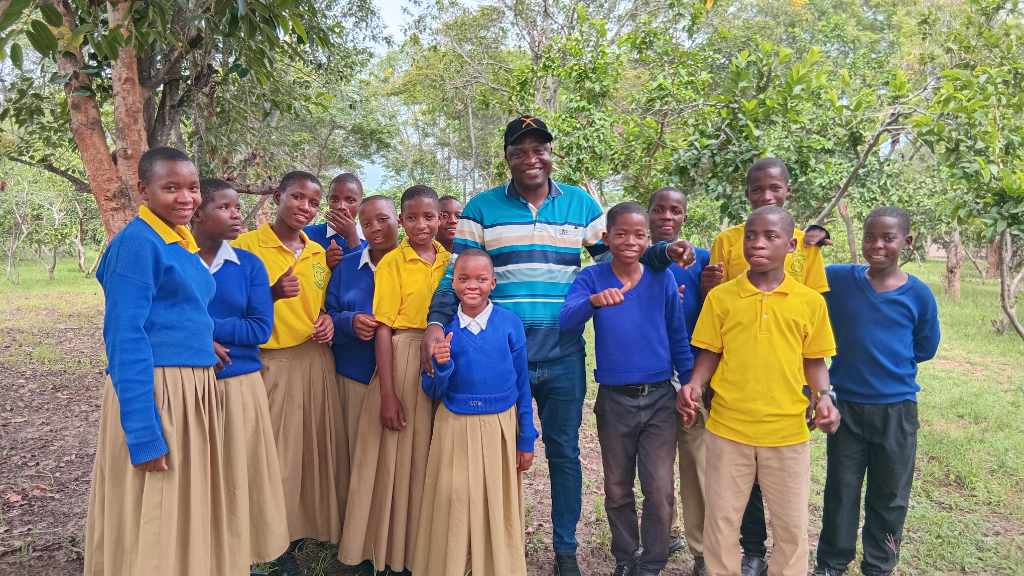SEED (Secondary Education to Encourage Development) is a small charity which sponsors Tanzanian Primary School leavers to attend secondary and tertiary education.

We work with 14-25 year old students in Iringa, Tanzania
In Tanzania, most children leave school at an early age. Many children, who have the ability to go to secondary school, are denied a chance to achieve their potential due to their guardians’ poverty.
Our charitable aims:
- We support students through a one to one sponsorship scheme to attend government boarding secondary schools.
- Since SEED started in 2003 we have sponsored over 500 Tanzanian students to access Secondary Education.
- Where possible, we continue to support these students through further training either teacher training or other vocational training.

What We Do

Our Achievements

